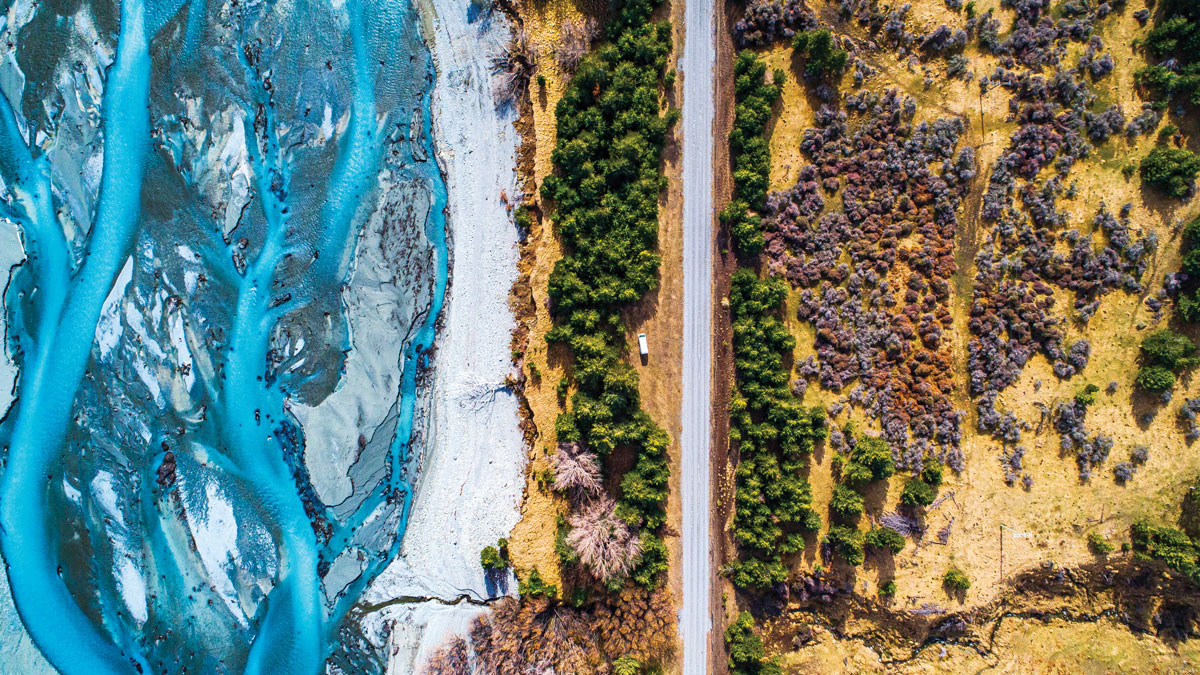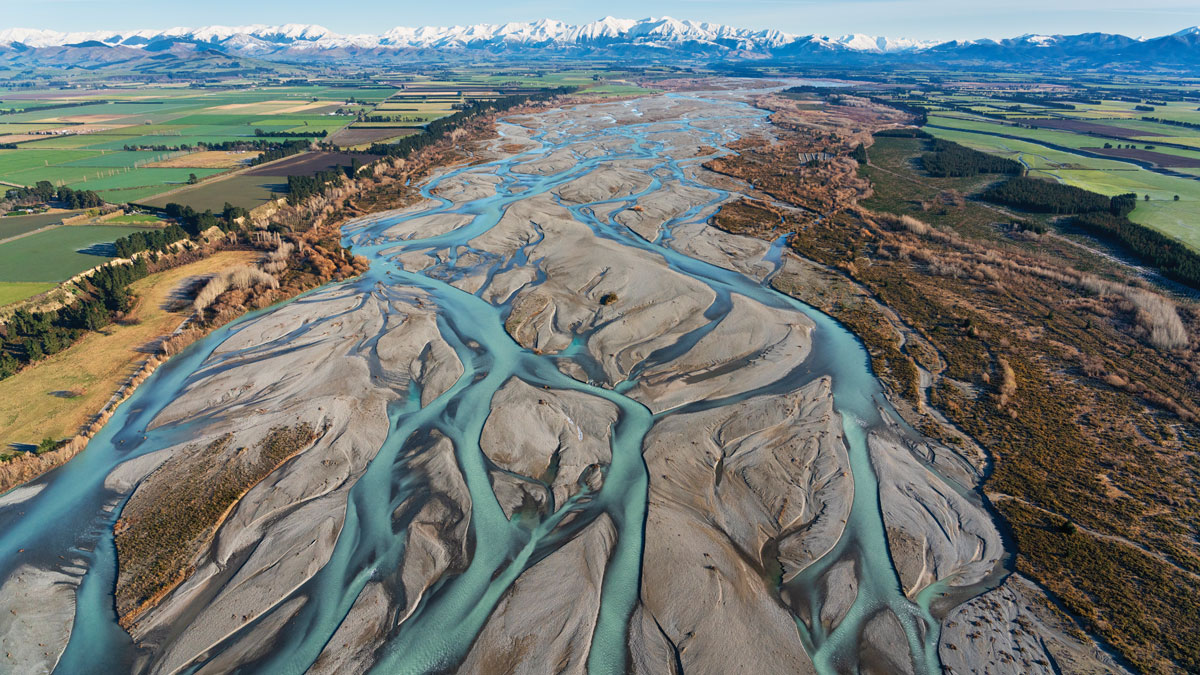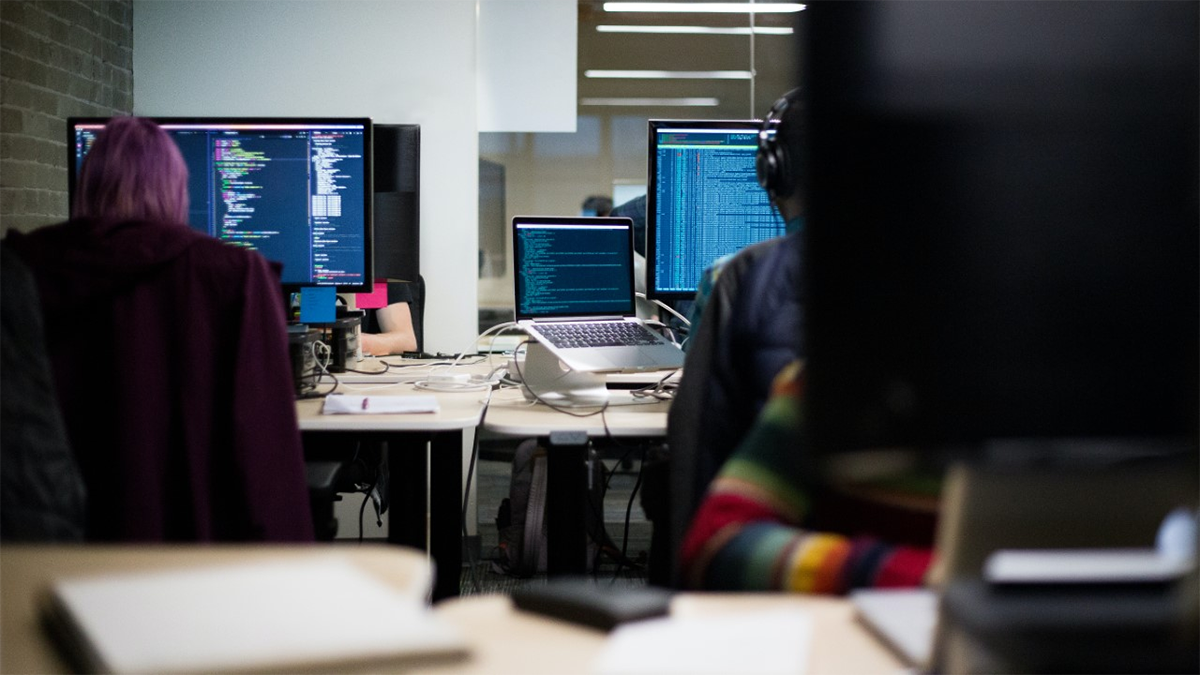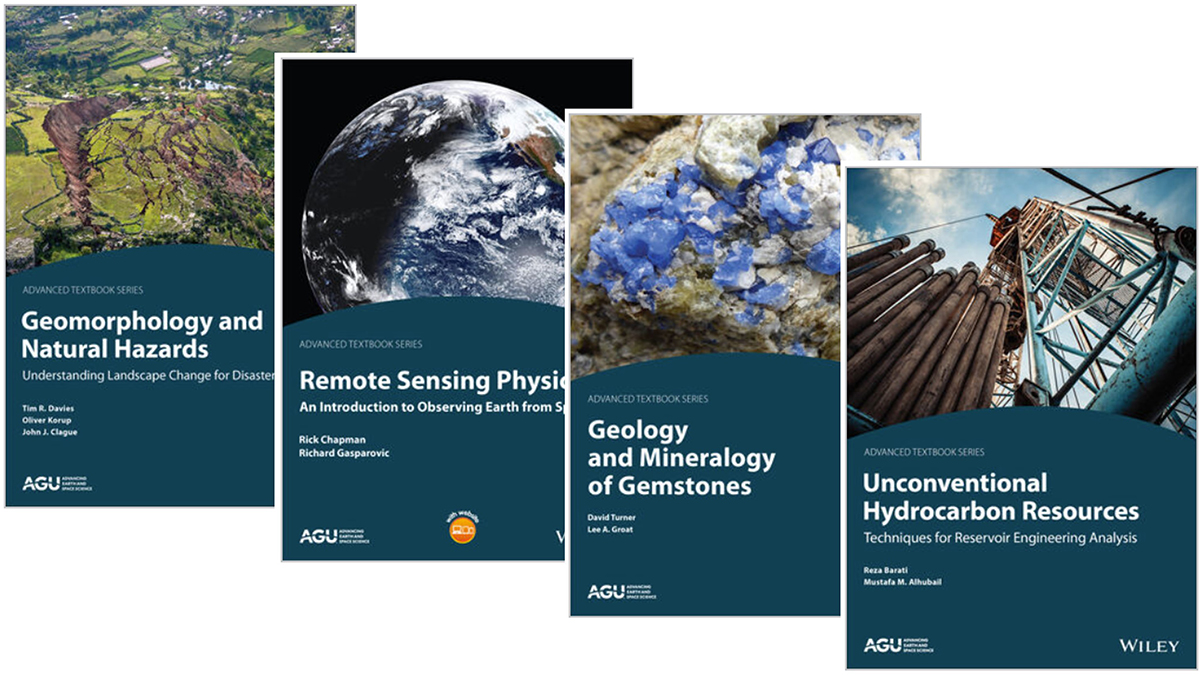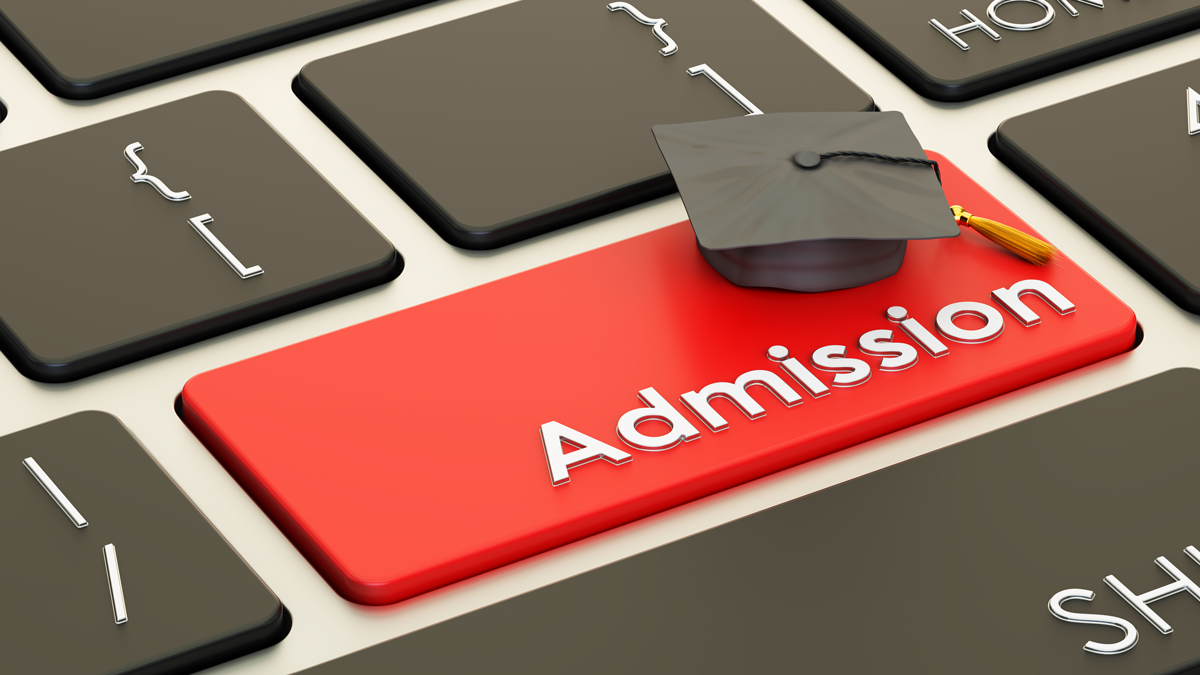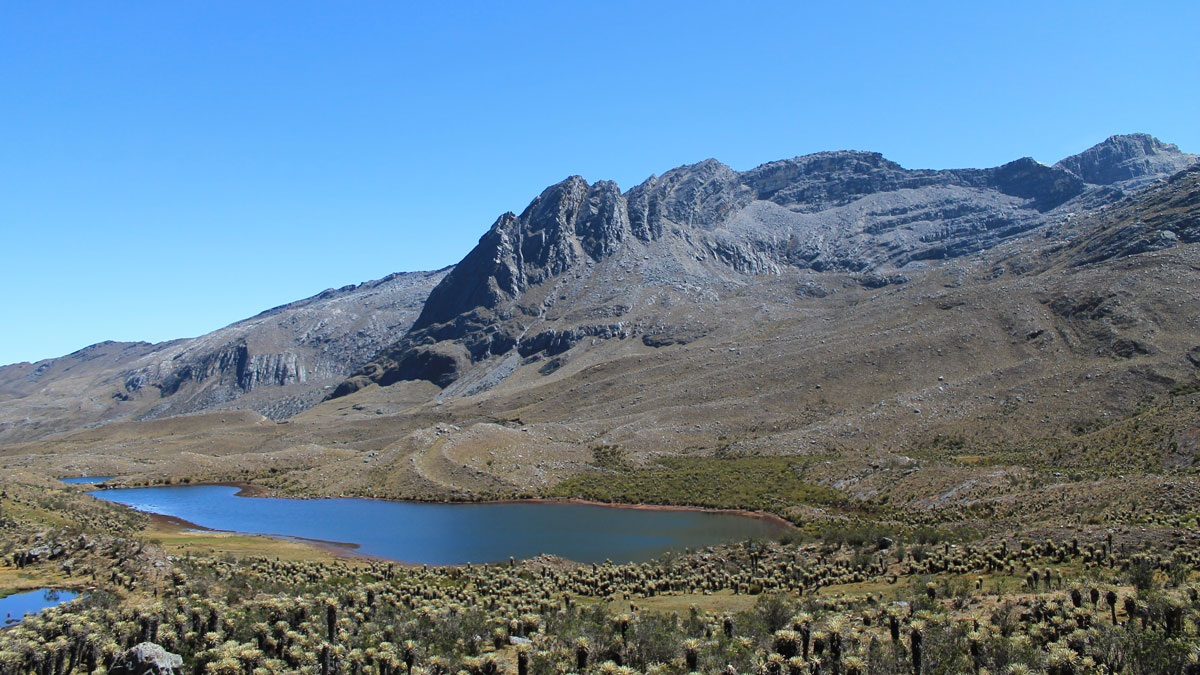Our annual Career Issue spotlights individuals charting their own course through Earth and space sciences.
early-career researchers
The Career Issue: A Path for Everyone
There are as many career journeys in the geosciences as there are people wandering through the field. Read about how 14 scientists found their way.
Christopher Kyba: Luck in Light Pollution
A series of serendipitous encounters shaped Kyba’s path from particle physicist to dark sky defender.
Mentorship Builds Inclusivity and Belonging in the Geosciences
Four evidence-based approaches implemented through an innovative mentoring program have succeeded at improving retention rates of undergraduate women in the geosciences.
Outsourcing the Work of Industrial Climate Science
Climate science is increasingly structured in ways that subcontract repetitive activities to graduate students. Here, early career researchers raise the issue and explore some tradeoffs.
AGU Books Expands into Advanced Textbooks
Find out more about the AGU Advanced Textbook Series that enables upper undergraduate- and graduate-level students to engage with primary literature and develop skills of critical analysis.
The Alarming Rise of Predatory Conferences
For-profit conferences that masquerade as legitimate academic events but lack trusted selection and peer review processes are becoming more common. Here’s why that matters.
After GRExit: Reducing Bias in Geoscience Graduate Admissions
Dropping the GRE is just a first step toward holistic admissions. To further reduce bias in applicant evaluations, the UMass-Amherst geosciences program has changed the way it assesses students.
A Puzzle Mat for Assembling Colombia’s Geologic History
A new database compiles all the available pieces of information about Colombia’s geochronology, offering scientists a consistent framework in which to view and study the data in a broader context.
Hostile Workplaces Drive Minorities from the Geosciences
A pipeline of minoritized groups doesn’t ensure retention, a survey finds.

